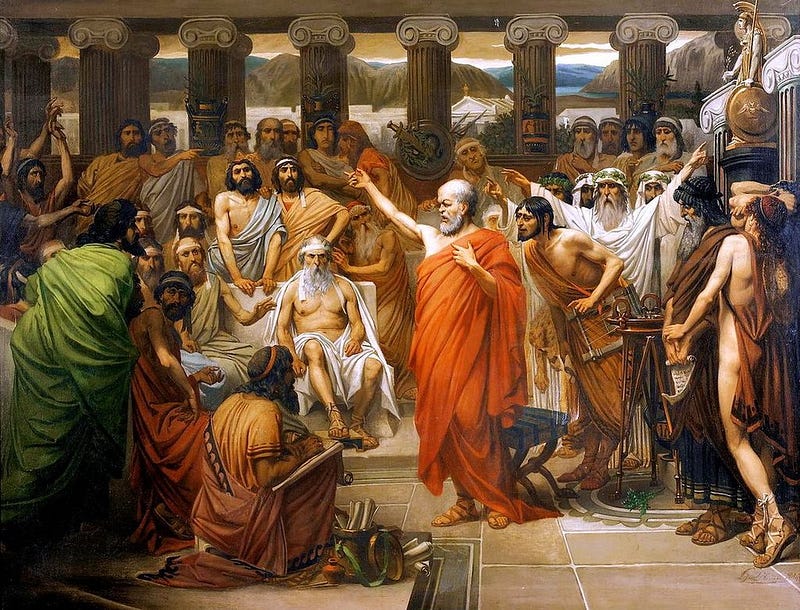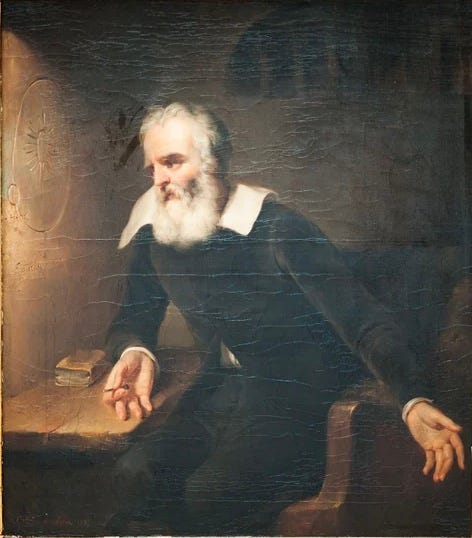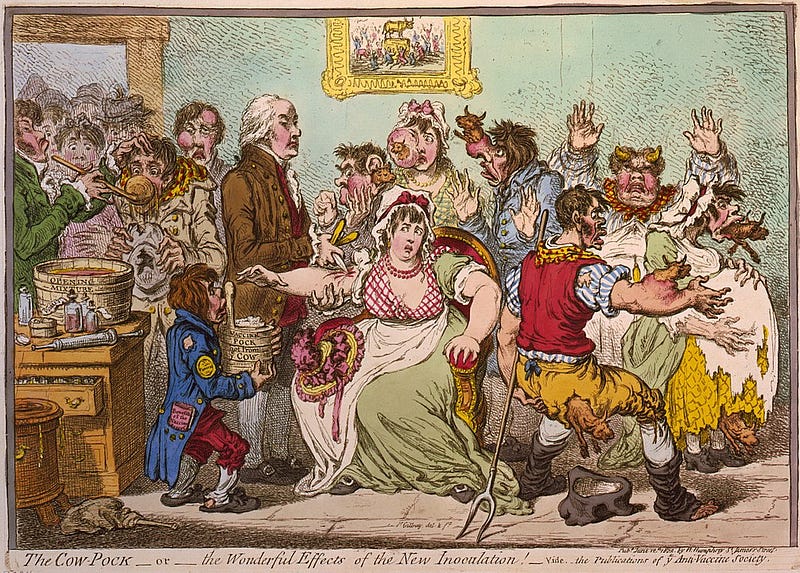The Political Intrusion in Science: A Historical Overview
Written on
The Politics of Science
The intersection of science and politics is not a modern phenomenon, as evidenced by historical events that highlight this complex relationship. During the COVID-19 pandemic, the politicization of scientific discourse has become a pressing concern, causing deep divisions and frustrations among advocates for scientific integrity. However, this entanglement is centuries old and often emerges when new discoveries challenge established norms.
This document explores three pivotal moments in history when political motives compromised scientific advancement, resulting in significant losses for society.
Socratic Inquiry and Its Consequences
Socrates, a foundational figure in Western philosophy, championed a method of inquiry that encouraged critical thinking and skepticism. In ancient Greece, the realms of science and philosophy were closely linked, often referred to as natural philosophy. Socrates’s relentless questioning of societal norms and his encouragement of independent thought ultimately led to his condemnation.
His Socratic Method remains a crucial tool for problem-solving, but it was perceived as a threat by those in power. Accused of corrupting Athenian youth by promoting self-reflection and inquiry, Socrates was sentenced to death by hemlock. His execution silenced a brilliant mind and instilled fear in others who might have followed in his philosophical footsteps.

Galileo's Battle for Heliocentrism
Galileo Galilei faced severe repercussions for supporting the heliocentric theory—the notion that the Earth orbits the Sun. This revolutionary idea clashed with the Catholic Church's teachings, which proclaimed the Earth as the universe's center. Galileo's stance posed a direct threat to the church’s authority and its interpretation of scripture.
As a result, he was tried for heresy and placed under house arrest, severely restricting his groundbreaking work. Galileo's insights were foundational to modern astronomy, and had he been allowed to pursue his research freely, the trajectory of scientific advancement could have been profoundly different.

The Legacy of Vaccine Hesitancy
The reluctance to accept vaccines is a phenomenon that has persisted since their inception. The early smallpox vaccine sparked significant public apprehension, leading to widespread hesitancy that has influenced health policy through the ages. This skepticism has resurfaced during recent health crises, including the COVID-19 pandemic, contributing to public protests and outbreaks of preventable diseases such as measles.
Despite the eventual acceptance of many vaccines, the lingering hesitancy continues to pose a challenge for public health initiatives worldwide. The roots of this skepticism stretch back centuries, complicating efforts to achieve widespread vaccination and protect global health.

Conclusion
The historical instances of the politicization of science illustrate a recurring theme: the struggle between emerging knowledge and established authority. These moments serve as reminders of the need for vigilance in protecting scientific integrity from political interference, for the sake of progress and public health.